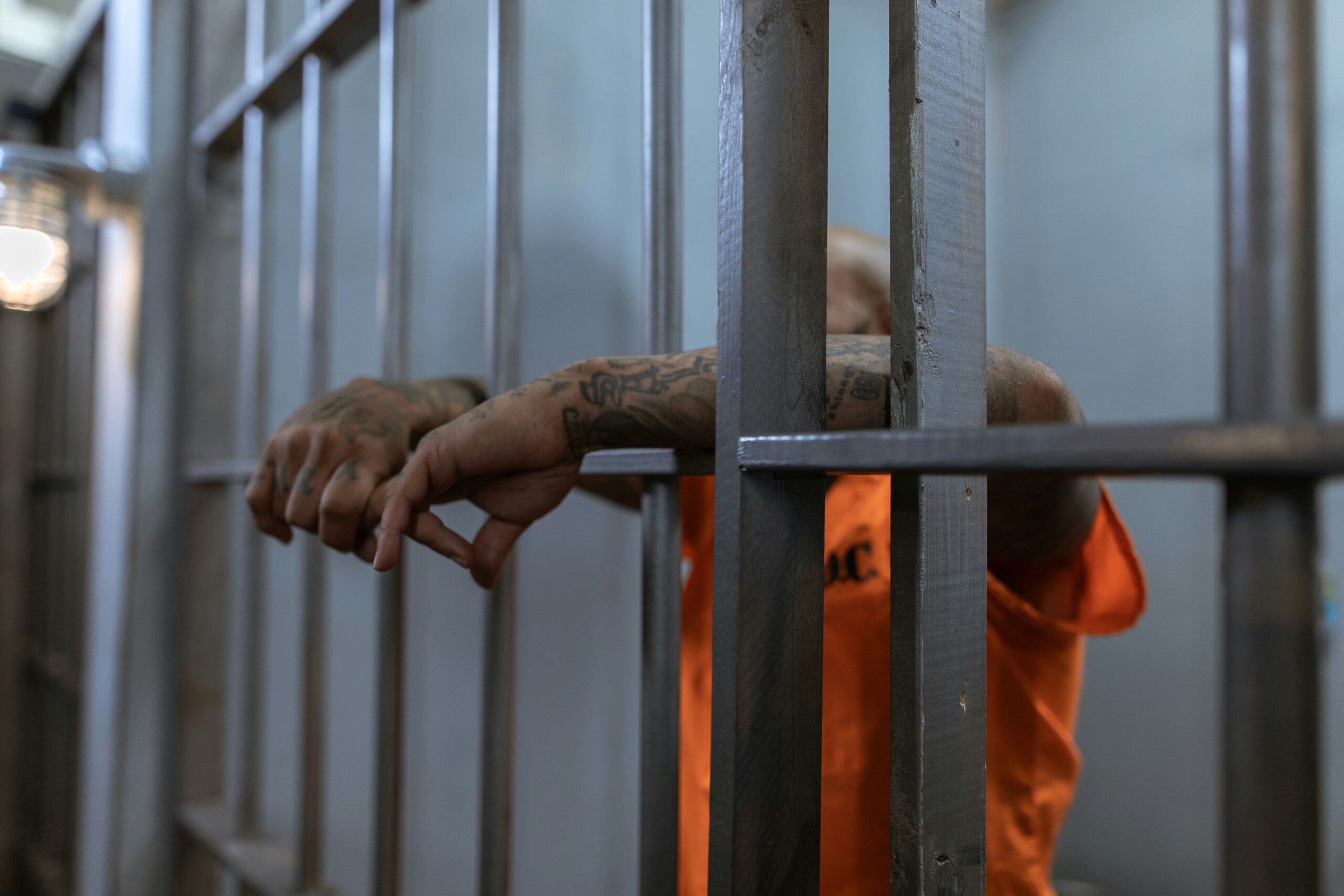
Free Consultation(203) 447-0000

Free Consultation(203) 447-0000

The lack of access to adequate health care in U.S. prisons is staggering. A nationwide survey revealed that among inmates with a persistent medical problem, 13.9% of federal inmates, 20.1% of state inmates, and 68.4% of local jail inmates had received no medical examination since the time of their incarceration. Looking beyond these statistics and to the individual experiences of the prisoners who have been denied access to adequate health care reveals a truly appalling reality.
For instance, a young expectant mother, Regan Clarine, learned she was pregnant two days before she received a 2.5 year prison sentence for possession of a narcotic for sale. While imprisoned, Clarine asked prison officials for an ultrasound but did not receive one. Instead, after approximately nine months, Clarine was sent by prison doctors to the hospital to be induced and when the baby did not come, they performed a cesarean section against her wishes. When she returned to her cell, her C-section incision re-opened to such a degree that she could have fit her fist in the opening. In the worst pain of her life, she alerted the prison guards but they refused to let her see a doctor. After surviving two weeks with this gaping wound, she was finally seen by medical staff who told her she was lucky to be alive. The medical staff treated her with a wound vacuum and then poured sugar directly into the wound. In an interview, Clarine reported, “They decided to use sugar . . . like McDonald’s sugar. They would open it and pour it inside and put gauze over and tape it up.” This went on for three weeks. Fortunately for Clarine and her infant daughter, she survived this horrific ordeal.
Sadly, there are many more stories like Clarine’s—some ending in untimely death. This was the case for Jeffrey Ramirez, a thirty-nine year old man who had been serving a ten-year prison sentence for intent to distribute methamphetamine and a related weapons charge when he felt a small lump in his left testicle. He requested to see a medical provider but the prison staff did not pay much attention to his request. Months later, he was transferred to another prison and his testicle had grown significantly. He took action by filing multiple “inmate request to staff” forms about this medical problem, eventually writing, “My left testicle is becoming unbearable. I need help, please help me.” When he was seen by a medical provider in the weeks thereafter, a nurse practitioner scheduled an ultrasound and listed the priority as urgent. Nevertheless, Ramirez did not receive an ultrasound until more than a year later, despite multiple requests for help. Tragically, at that point Ramirez was diagnosed with Stage 3C testicular cancer that had spread to his brain and lungs and, despite treatment, he passed away at just forty-one years old.
As Elizabeth Blackwood, counsel and director for the First Step Act Resource Center at the National Association of Criminal Defense Lawyers points out, the current state of the prison healthcare system is creating a circumstance where people who may have been sentenced to a few years in prison are instead being tortured and possibly in effect receiving death sentences due to lack of access to adequate health care. Attorney Blackwood explained in an interview, “What type of punishment are we really wanting to dole out on people? Because none of these people had death sentences. None of these people were sentenced to excruciating pain and torture while they aren’t getting the medical treatment and not getting relief from their painful cancer, but yet that’s being inflicted on them every day on a regular basis.” For this reason, Attorney Blackwood believes that during sentencing, whether a person in custody can get the medical care they need should be part of the consideration.
Often, strategically brought civil litigation is critical to addressing systemic injustices. The ACLU has taken steps to effect change in this area, filing a lawsuit last week in the U.S. District Court in Wilmington, Delaware, on behalf of three named prisoners and several unidentified prisoners who are seeking class-action status, monetary damages, and an injunction to stop unlawful and unconstitutional delays and denials of treatment. Dwayne Bensing, the legal director for the ACLU of Delaware, explains that delays and denial of treatment to prisoners is a violation of their Eight Amendment right against cruel and unusual punishment. This lawsuit will give a voice to these prisoners so their stories can be told and those responsible can be held accountable.
If you or a loved one suffered from a medical event that went untreated or undertreated while you were incarcerated, you should reach out to an attorney right away. Contact the experienced attorneys at Berkowitz Hanna, LLC if you have any questions about your legal rights regarding this concern. To schedule a free, no-obligation consultation, call 203-324-7909 or contact us online today.
Berkowitz Hanna
